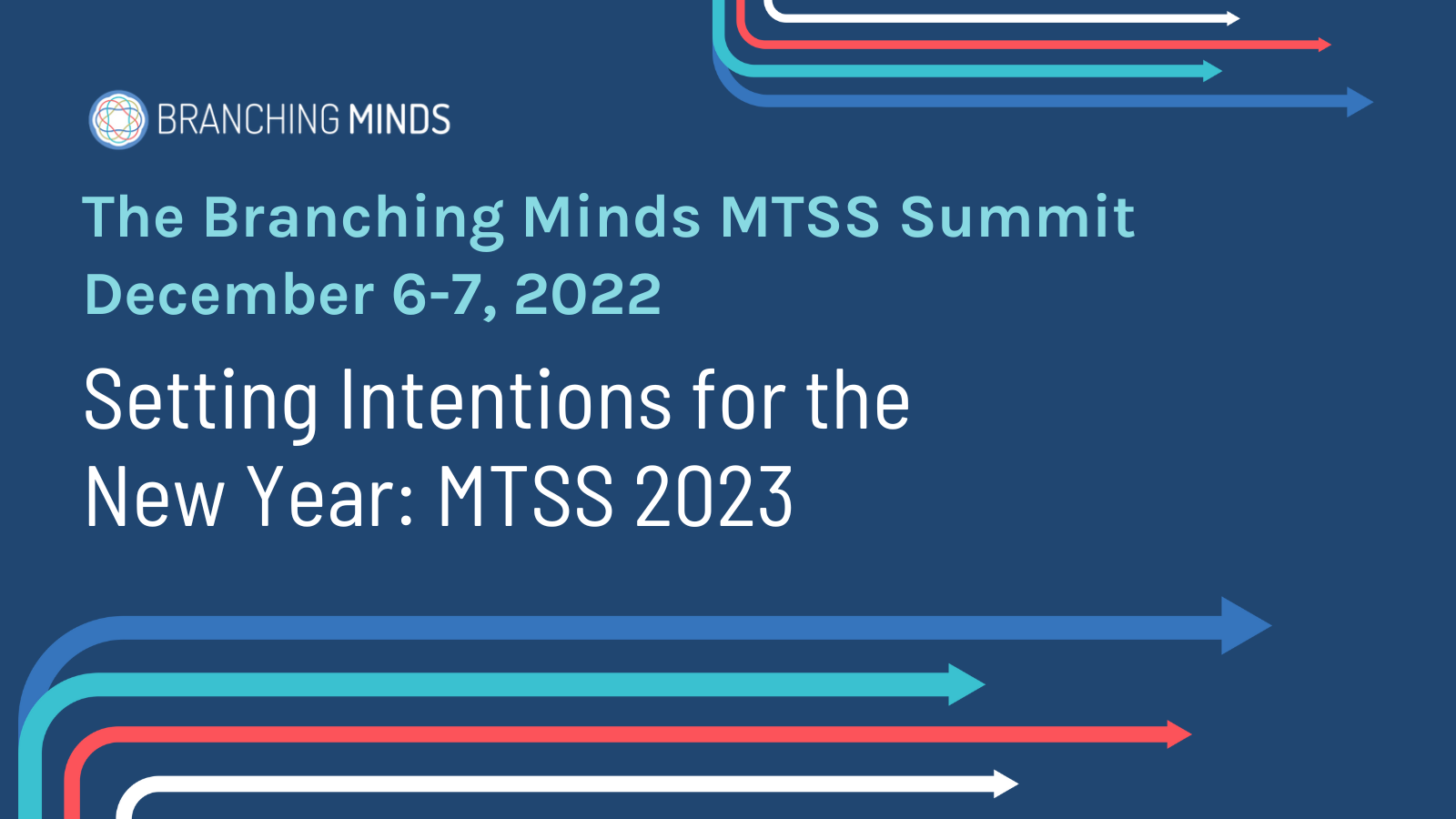2022 Branching Minds MTSS Summit
At the 2022 Virtual MTSS Summit, Setting Intentions for the New Year, 800+ leaders explored some of the most impactful practices in MTSS.

Featured Speakers

Tessie Rose Bailey, PhD
Principal Technical Assistance Consultant, American Institutes for Research

George M. Batsche, EdD, NCSP
Professor and Director Emeritus, Institute for School Reform, University of South Florida

W. Alan Coulter, PhD
Organizational Development Consultant, Directions & Resources Group; Licensed Psychologist
-min.jpg?width=200&height=200&name=Castillo%2c%20Jose_Headshot%20(1)-min.jpg)
José Castillo, PhD, NCSP
Associate Professor and Director, Institute for School Reform, University of South Florida

Kelly Justice, MEd
Learning and Development Facilitator, University of South Florida
Summit Attendee Feedback
"The expert advice was invaluable, and the resources were abundant."
"There were lots of tangible resources. I made new connections!"
"The Summit was wonderful! The speakers shared great practical and relevant content."
"ALL of the sessions attended had PHENOMENAL information and speakers!"
"I love being able to choose the sessions that are most applicable to me."
"Excellent presenters and great information relayed to us all."
The 2022 MTSS Summit by the Numbers
Days
Keynotes
Sessions
Live Attendees
States
Countries
2022 Branching Minds MTSS Summit
The 2022 Virtual MTSS Summit was packed with dynamic and engaging sessions, inspiring and insightful keynotes, and a discussion of some of the most impactful practices in MTSS.
Theme: Setting Intentions for the New Year.
View the keynote session by filling out the form.
Setting Intentions for the New Year
View the keynote recording
.png?width=1000&height=500&name=Mini-Summit-2025(preview).png)
Webinar
2025 MTSS Mini Summit: Behavior Deep Dive
This year's Mini Summit is a deep dive into MTSS behavior intervention for students with intensive needs, including screening, determin...
Watch now













